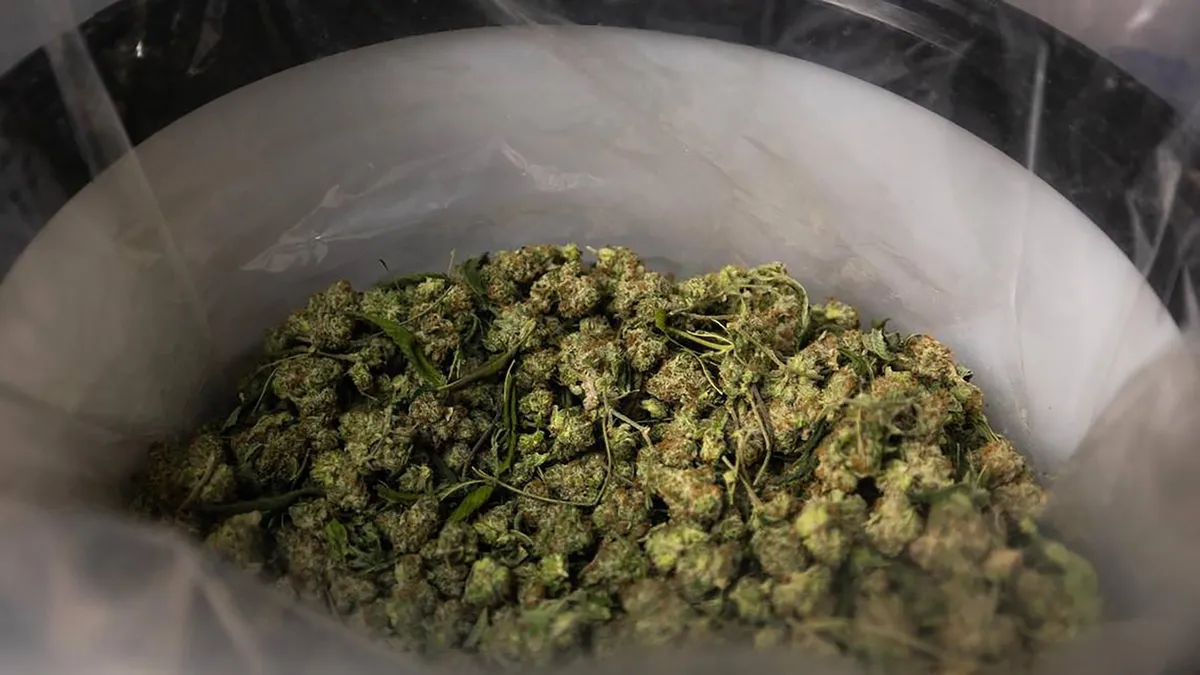
On Monday, President Donald Trump announced that his administration is actively considering the reclassification of marijuana to a less dangerous drug category. During a news conference held in the White House briefing room, Trump indicated that while the process is still in its early stages, he aims to reach a decision within the coming weeks. “We’re looking at reclassification and we’ll make a determination over the next -- I would say over the next few weeks, and that determination hopefully will be the right one,” Trump stated, emphasizing the complexity of the issue.
Trump's remarks came as he addressed the media concerning a federal takeover of Washington's police force and the deployment of the National Guard to confront rising crime and homelessness in the city. When pressed about the potential implications of reclassifying marijuana—especially in light of his administration's commitment to addressing crime—Trump acknowledged the complexity of the situation. The Wall Street Journal was the first to report that Trump is considering rescheduling marijuana from a Schedule 1 drug to a Schedule 3 drug.
Currently, marijuana is classified as a Schedule 1 drug, which categorizes it alongside substances like heroin and LSD. Schedule 1 drugs are deemed to have no accepted medical use and a high potential for abuse. In contrast, Schedule 3 drugs are defined as having a moderate to low potential for physical and psychological dependence, with examples including ketamine, anabolic steroids, and testosterone.
During the final year of the Biden administration, the Drug Enforcement Administration (DEA) expressed support for recommending the reclassification of marijuana. Should marijuana be reclassified, it would pave the way for more comprehensive research into its effects and benefits, as well as provide significant tax advantages to the burgeoning cannabis industry.
In his statements, Trump reflected on the mixed opinions surrounding marijuana. “I’ve heard great things having to do with medical, and I’ve had bad things having to do with just about everything else,” he noted. He acknowledged the divided views on marijuana, saying, “Some people like it, some people hate it,” particularly in the context of its medical applications for pain relief and other conditions.
As discussions continue around the potential reclassification of marijuana, the implications stretch far beyond just legal status. The decision could influence public health, law enforcement policies, and the future of the cannabis industry in the United States. With the deadline for a decision looming in the coming weeks, many are closely watching to see how this complex issue unfolds.